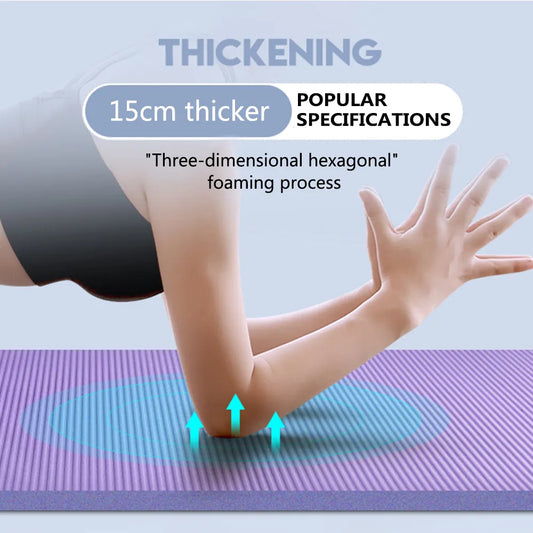Rapid weight loss, defined as losing more than 1-2 pounds per week, can pose several dangers to your health and well-being. Here are some potential risks associated with rapid weight loss:
-
Nutrient Deficiency: Crash diets or extreme calorie restriction can lead to inadequate intake of essential nutrients such as vitamins, minerals, protein, and healthy fats. Nutrient deficiencies can weaken the immune system, impair organ function, and lead to a variety of health problems.
-
Muscle Loss: Rapid weight loss often results in loss of muscle mass along with fat. Losing muscle mass can slow down metabolism and make it harder to maintain weight loss in the long term. Preserving lean muscle mass is important for metabolic health, strength, and overall function.
-
Electrolyte Imbalance: Drastic reductions in calorie intake or extreme diets may disrupt electrolyte balance in the body, leading to electrolyte imbalances such as low potassium, sodium, or magnesium levels. Electrolytes are essential for nerve function, muscle contraction, and fluid balance in the body.
-
Dehydration: Rapid weight loss can lead to dehydration, as much of the initial weight loss may be due to water loss rather than fat loss. Dehydration can impair physical and cognitive function, increase fatigue, and negatively impact overall health.
-
Gallstones: Rapid weight loss, especially in individuals with obesity or a history of rapid weight fluctuations, may increase the risk of developing gallstones. Gallstones are hardened deposits in the gallbladder that can cause abdominal pain, nausea, vomiting, and other digestive symptoms.
-
Metabolic Adaptation: Extreme calorie restriction or rapid weight loss can trigger metabolic adaptations in the body, including a decrease in metabolic rate and changes in hormone levels that promote weight regain. This can make it difficult to sustain weight loss in the long term and lead to cycles of weight loss and regain.
-
Mental Health Concerns: Rapid weight loss can take a toll on mental health and emotional well-being, leading to feelings of deprivation, frustration, and dissatisfaction. Extreme dieting behaviors may also contribute to disordered eating patterns, negative body image, and psychological distress.
-
Risk of Binge Eating: Restrictive diets and rapid weight loss approaches can increase the risk of binge eating episodes and disordered eating behaviors. Binge eating can lead to feelings of guilt, shame, and loss of control, further perpetuating the cycle of unhealthy eating patterns.
It's important to prioritize gradual, sustainable weight loss approaches that focus on making long-term lifestyle changes, including balanced nutrition, regular physical activity, stress management, and adequate sleep. Consulting with a healthcare professional, registered dietitian, or certified nutritionist can help develop a personalized weight loss plan that promotes health and well-being while minimizing risks associated with rapid weight loss.




















